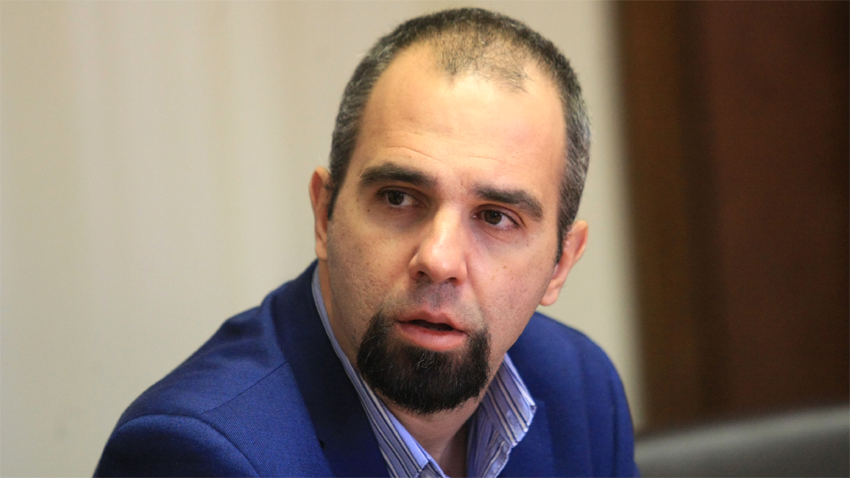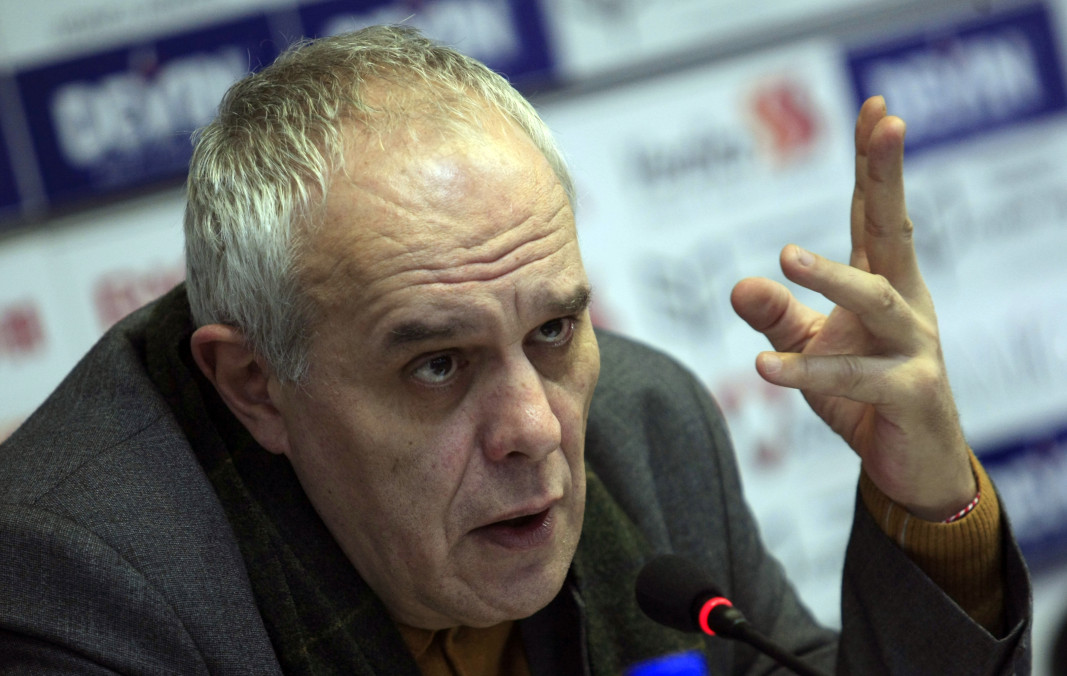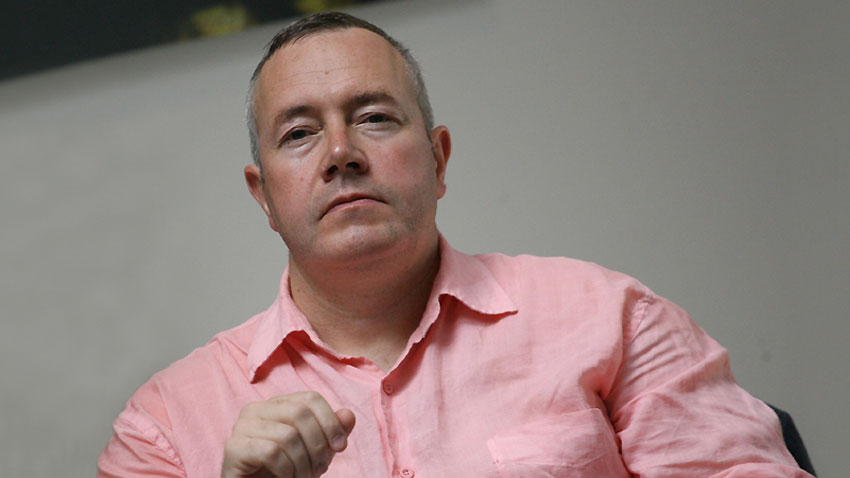At the start of the election campaign for the forthcoming local elections on October 27, the topic of Bulgarian citizens’ attitudes towards events of social and political importance is once again on the agenda. Bulgarians tend to be conservative in their views, according to a study by the Ivan Hadzhiyski Institute for Social Research and the Gallup Sociological Agency. The conservative reaction to what is happening around us has its explanation, according to political scientist Parvan Simeonov:

“It seems societies in the Western world have an affinity for tradition, nation, religion and usually vote for people who speak in this way. In Gallup we did a rather provocative study, which showed that Bulgarians also have rather conservative instincts, without reaching to extremes. Bulgarians are a society of common sense, keeping feet firmly on the ground. At the same time, in case of extreme views, the society reacts cautiously and without unnecessary exaltation,” Simeonov says. He believes that although an almost professional political stratum has been created and most of the people with high moral standards are outside of it, the debate about the clash between the conservative and the liberal vision of the future is needed. This is largely due to changes we are witnessing around the world, caused by the foreign policy ambitions of major countries such as Russia and China, or by threats of possible terrorist attacks. This is making the world increasingly insecure and people more eager to resort to exotic voting options. Political division in society is more visible but it is not about the left-right axis, but between people calling for liberal changes in society and increased individual rights and rights of different and disadvantaged communities. On the other side stand people who say that the Church, tradition and morality are the most important things. "

Sociologist Andrei Raychev defends a futuristic perspective on the problem, looking at a not so distant future, according to him:
“Self-determination is a tremendous freedom in which humanity has entered and for the first time in history there will be no definite past, but only future. This is a monstrous circumstance. We will split into classes very soon. Some will be living for 200 years and will be very smart with all knowledge databases available, while others will not have this chance. Our only chance in this sense is to reach some consensus and define what is not going to happen, rather than what will happen for sure.”
In his speech during a discussion on the topic in Sofia, Raichev agreed with the opinion of Petar Nikolov, expressed in his book on conservatism. It reads that conservatives are the ones who lose all their battles but they have always existed and will continue to exist, opposing changes.

Social anthropologist Haralan Alexandrov defines identity as a triumph of the idea of self-determination that has already occurred to us.
“The postmodern person is deprived of readymade, sustainable, trustworthy identities attached to him by being born in a particular class, group, nation or territory, and we have to define ourselves each day. This is very difficult in the conditions of a fierce and over-competitive globalization of the economy, in which if you did not manage to find your identity alone, someone would attach it to you and you are more likely to be on the losing side rather than part of the winners. The identities that this economy attributes to us, defining us as losers, are harmful and we have to deal with them in some way. One of the natural things that one does in such situations is to look around and see what is available.”
We often return to our cultural heritage that used to be taken for granted but these days we have started to miss it.
English: Alexander Markov
Photos: BGNES and libraryEvery Bulgarian school abroad has its own story, and that of the Rodna Stryaha Bulgarian school in Cyprus began in 2015. Its foundations are built on the dream of a Bulgarian teacher - when one day Bulgarian children decide to return to their..
President Rumen Radev will today attend the opening ceremony of Forest Week in front of St Alexander Nevsky Cathedral. The theme of this year's celebrations is "A century of eternal creation, preservation and care!" This year marks the 100th..
For 100 years, foresters in Bulgaria have been organizing Forest Week. A concert entitled “A century of eternity” on 7 April will give the official start to the initiative dedicated to the planet’s lungs. And though it has been a century since..
Residents and visitors to Sofia will have the opportunity to learn more about Bulgarian scientists working in Antarctica and their important role in the..
The prices of Easter goods are rising The Easter meal in the Balkan countries will be more expensive this year, BTA reports...

+359 2 9336 661
